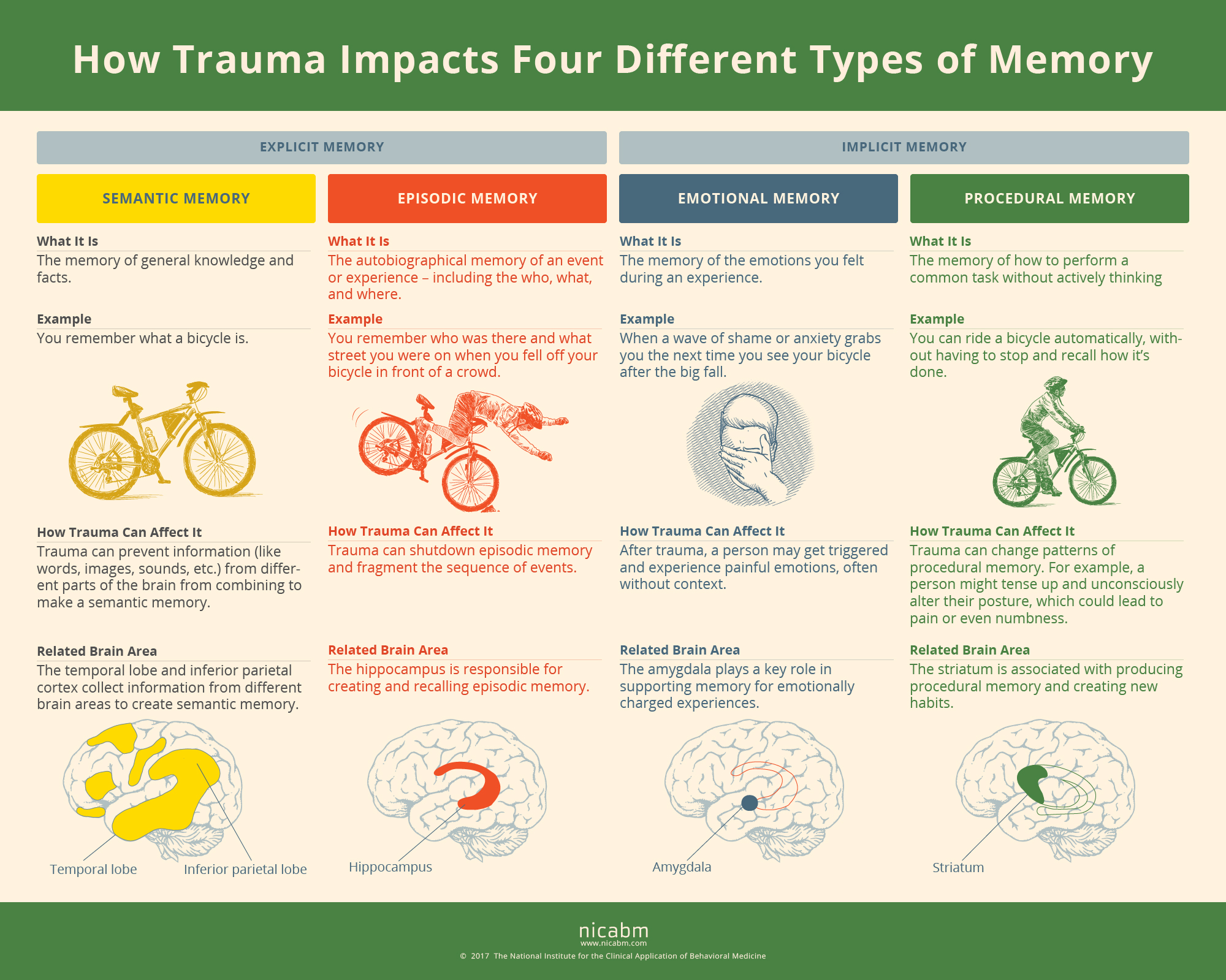In the tapestry of human consciousness, memory is often woven with threads of experience, emotion, and cognition. One might envision memory as a vast library, filled with countless volumes that narrate the story of our lives. However, like any library, it requires organization, consolidation, and restoration to remain efficient. This is where the subtle yet profound act of napping enters the scene, straddling the boundary between wakefulness and slumber, offering a transformative respite for our cognitive faculties.
The science of memory elucidates its multifaceted nature, categorizing it into different types — from procedural memory, which governs our ability to perform tasks, to episodic memory, responsible for the recollection of personal experiences. Each category occupies a distinct section of our cerebral library, requiring selective care. Herein lies the magic of napping: during those brief interludes of sleep, the brain engages in a remarkable process akin to defragmenting a hard drive, optimizing the filing system of our memories.
Recent studies have unveiled the intricate dance between sleep and memory consolidation. When we nap, particularly in the sweet spot of around 20 minutes, the brain enters the lighter phases of sleep, a primordial lull where synaptic connections knit together, reinforcing what we’ve learned and experienced. This fleeting moment allows the brain to shuffle through its mental archive, discarding the superfluous while fortifying the essential. Whether it be a fleeting encounter or a complex skill, napping seemingly solidifies our grasp on the tapestry of knowledge.
Moreover, the restorative power of napping transcends mere memory consolidation. It has been likened to a refreshing shower for our cognitive faculties, washing away the grime of fatigue and enhancing our ability to retain information. In a world driven by relentless schedules and incessant distractions, a well-timed nap serves as an oasis for the overtaxed mind, rejuvenating our focus and fostering creativity. Think of it as a spell of hush that grants the mind the space it needs to wander, allowing inspiration to bloom.
However, the practice of napping must be approached with mindfulness. An overly long slumber can catapult us into deeper stages of sleep, leaving us groggy and disoriented, akin to waking up in a foreign land. The key lies in moderation — a brief respite, ideally in the early afternoon, can usher in clarity and enhanced cognitive function.
In conclusion, napping extends far beyond a mere indulgence; it acts as a lifeline intertwined with the very mechanics of memory. By embracing the art of the nap, one engages in a conscious act of self-care that nurtures not just the mind, but also the essence of our lived experiences. So the next time weariness tugs at your eyelids, consider it a beckoning invitation to rejuvenate the library of your mind, unlocking the profound secrets that lie within.
